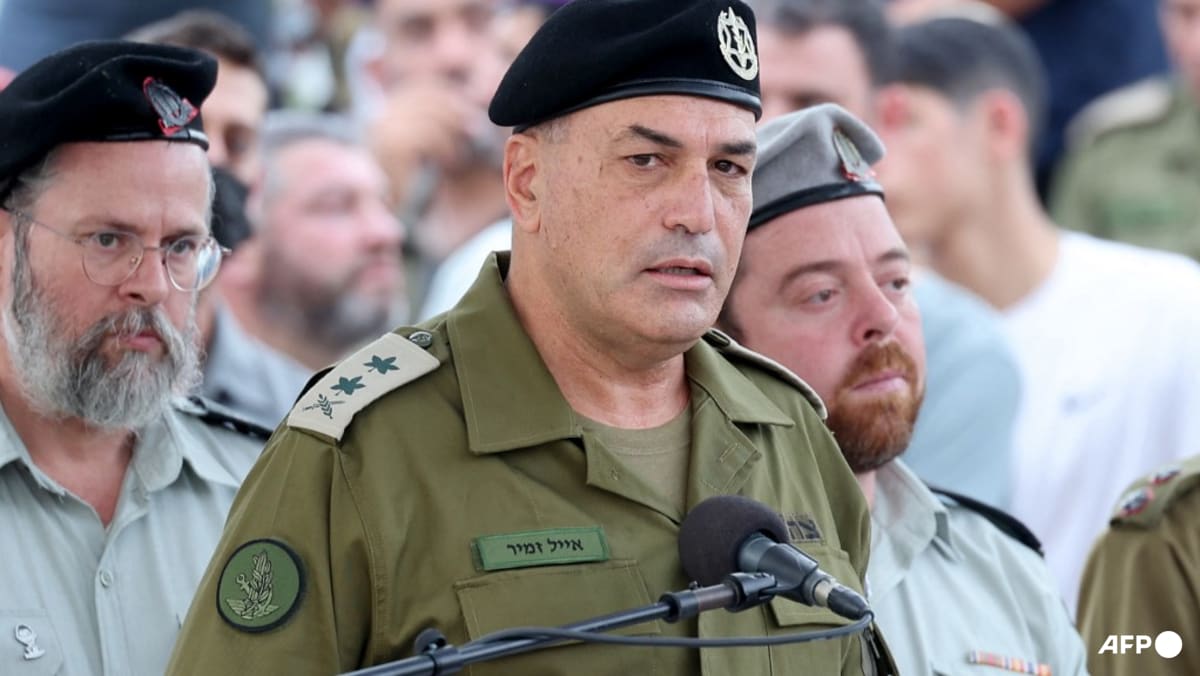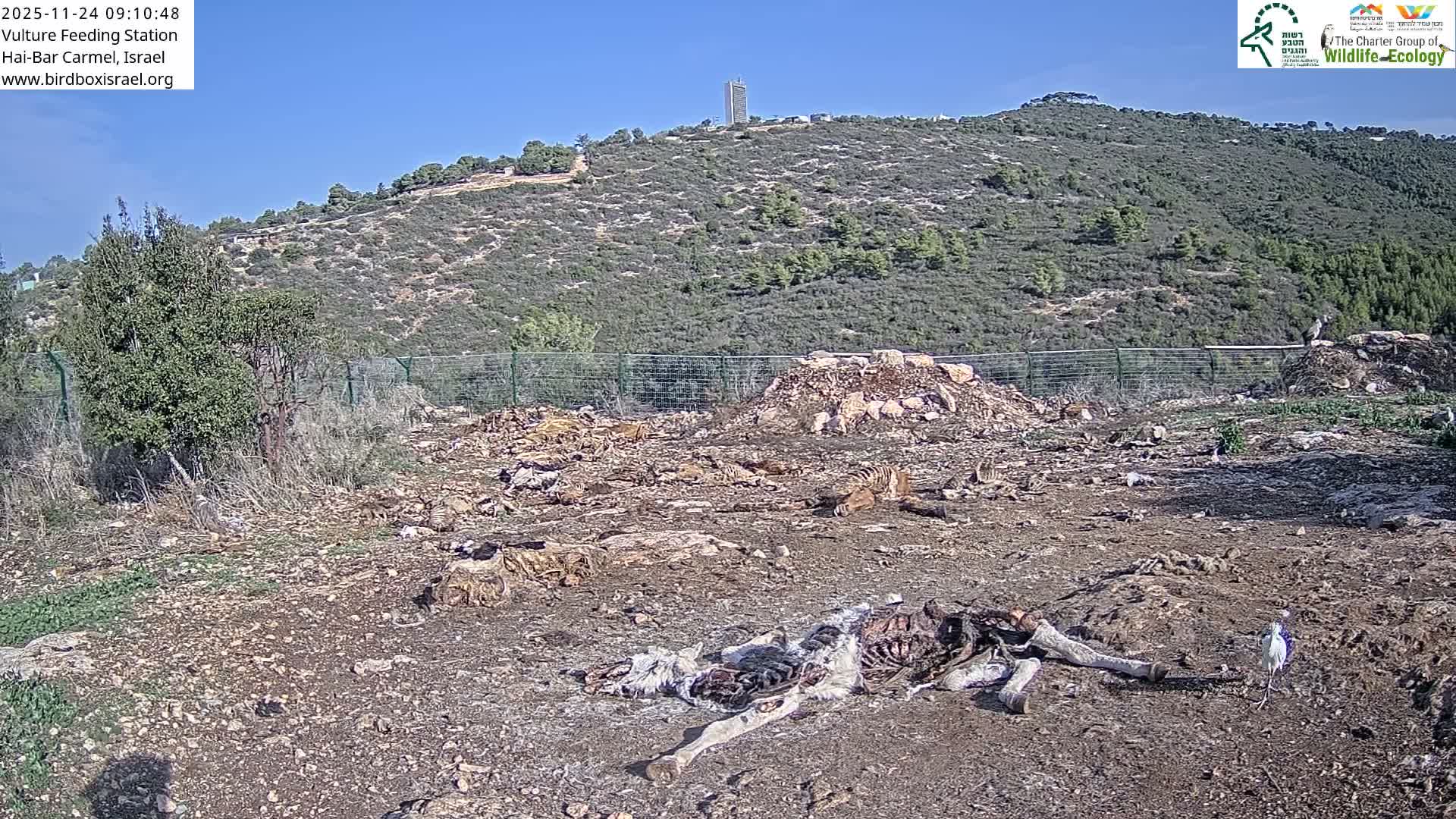Israeli Military Sacks Generals Over Oct 7 Failures; Leadership Faces Accountability Pressure Amid Gaza War
 Israel
Politics
Israel
Politics

Israel's military has dismissed three generals and disciplined others for failures leading to the October 2023 Hamas attack. This follows an internal probe, int
Israeli Military Takes Action: Generals Fired Over Oct 7 Failures
The Israeli military has taken unprecedented action, announcing the dismissal of three high-ranking generals and imposing disciplinary measures on several other senior officers. This significant move comes in response to their perceived failures in preventing the devastating October 2023 assault by Hamas, an event that stands as the deadliest attack in Israel's history.
Internal Scrutiny vs. Government Hesitation
This sweeping decision follows weeks of intense internal scrutiny. Israeli military chief Eyal Zamir had previously called for a comprehensive "systemic investigation" into the operational and intelligence lapses that preceded the onslaught. This internal military push for accountability contrasts sharply with the government's hesitance to establish a state commission of inquiry, despite widespread public demand for one.
High-Ranking Officers Held Responsible
Among those removed from their positions are three divisional commanders, including the individual who served as the military intelligence chief at the time. A military statement released recently underscored that these officers bear "personal responsibility" for the armed forces' inability to thwart the attack launched from the Gaza Strip. Notably, these dismissals formalize resignations that had already occurred, such as that of former Southern Command head General Yaron Finkelman. Beyond the generals, disciplinary actions were also extended to the heads of the navy and air force, along with four other generals and various senior officers, highlighting a broad recognition of systemic failures across the chain of command.
Netanyahu Faces Accountability Questions
The spotlight now inevitably turns towards political leadership, particularly Prime Prime Minister Benjamin Netanyahu. Public and political discourse continues to question whether he, too, will face blame for the collective inability to prevent the Hamas offensive. For the past two years, Netanyahu has maintained that any inquiry into the Oct 7 failures should be deferred until after the ongoing conflict in Gaza concludes. However, public sentiment, reflected in numerous polls, overwhelmingly supports the immediate establishment of a commission of inquiry to pinpoint accountability within the authorities. Netanyahu's government has, to date, resisted these calls.
The Human Cost of Conflict and Key Findings
The October 2023 Hamas attack claimed the lives of 1,221 people in southern Israel, triggering a brutal two-year war in Gaza. Israel's subsequent military operations in Gaza have resulted in the deaths of at least 69,756 individuals, according to the health ministry figures, which are considered reliable by the UN.
Earlier this month, a committee of experts appointed by military chief Zamir concluded the army's internal investigations. Their report identified "long-standing systemic and organisational failure" within the military apparatus. Crucially, the investigation pointed to a significant "intelligence failure," citing the military's "inability to raise the alarm" despite possessing "exceptional, high-quality information" prior to the attacks. Furthermore, it highlighted "deficient decision-making processes and force deployment" on the night of Oct 7, 2023, underscoring breakdowns throughout the military's command structure.
Ongoing Developments and Geopolitical Tensions
In a related development, Defence Minister Israel Katz announced that he has tasked the defence establishment's comptroller, Yair Wolansky, with reviewing the report to assess the need for further investigations. This move has fueled media speculation about potential friction between Zamir and Katz, who have reportedly disagreed on aspects of the Gaza war prosecution in the past.
Meanwhile, developments on the ground in Gaza included reports from the Israeli military that troops shot three militants who had crossed the "Yellow Line," a demarcation behind which Israeli forces had retreated under a recent ceasefire agreement. Hamas, however, disputes the shifting of this line, asserting it as a violation. A high-level Hamas delegation also reportedly spent two days in Cairo, meeting with mediators to discuss terms for the second phase of a US-brokered truce, which initially began on October 10.
This comprehensive overview reflects the profound repercussions of the October 2023 attack, not only on the battlefield but also within the highest echelons of Israeli military and political leadership as the nation grapples with questions of accountability and future security.





